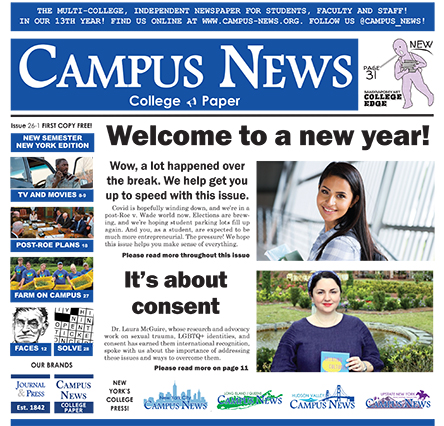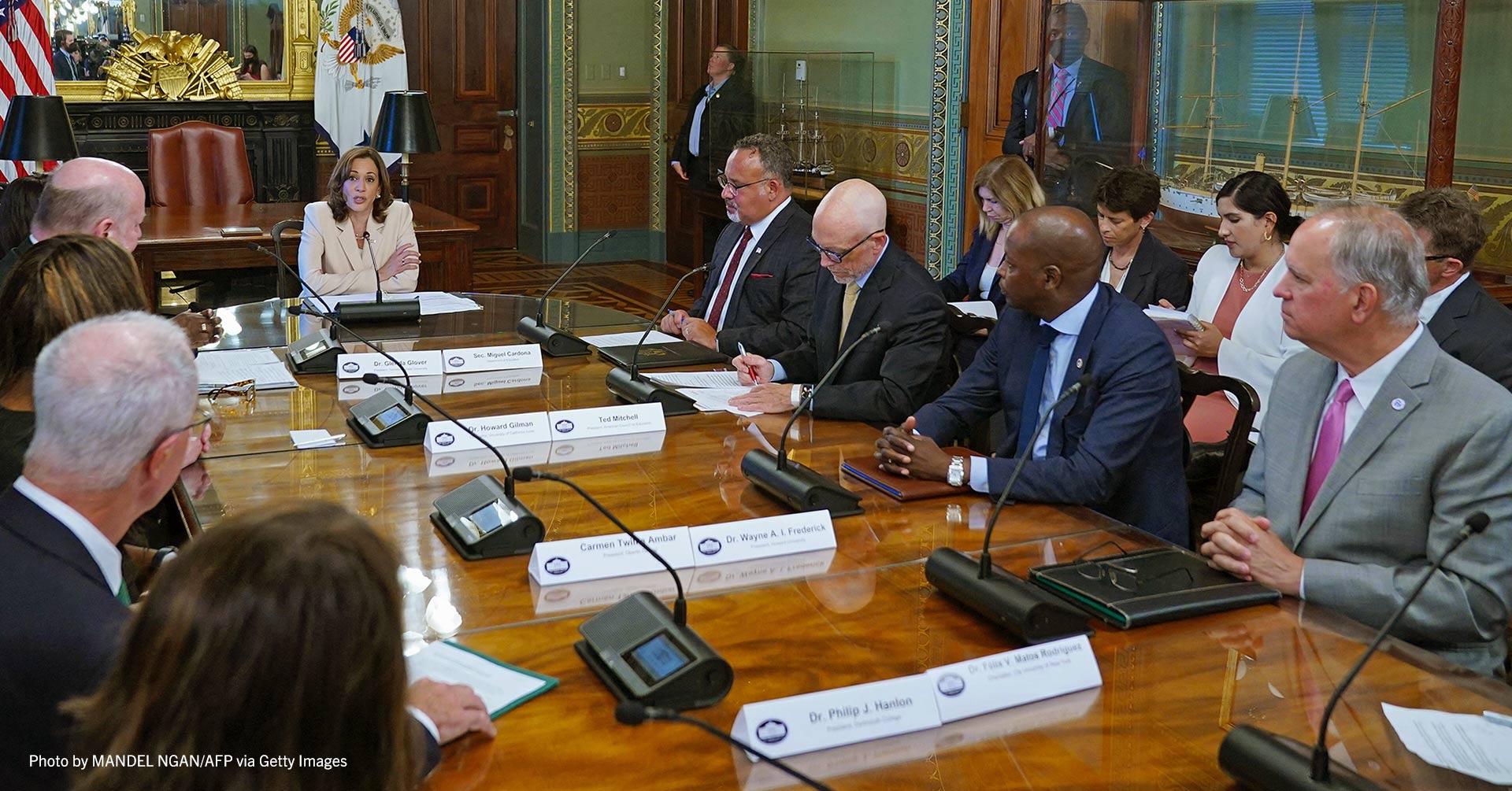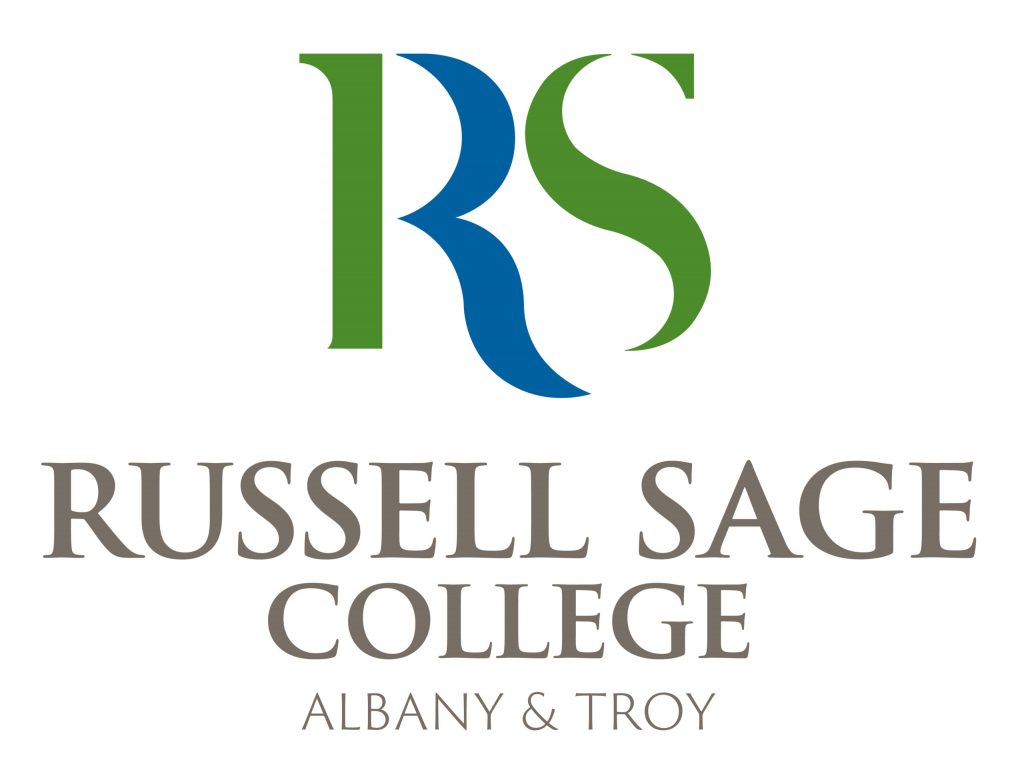CUNY Chancellor Félix V. Matos Rodríguez met Vice President Kamala Harris, Secretary of Education Miguel Cardona and higher education leaders from across the country on Aug. 8 (pictured), in a roundtable discussion to analyze the impact on college students following the U.S. Supreme Court’s recent decision to overturn Roe v. Wade, the ruling that had enshrined a woman’s decision to have an abortion as a constitutionally protected right for nearly 50 years.
The Chancellor joined presidents and other chancellors from Dartmouth College, Gallaudet University, Howard University, Oberlin College, Reed College, Tennessee State University and the University of California-Irvine, and the president of the American Council on Education, Ted Mitchell. Vice President Harris outlined the steps the Biden administration has taken to maintain the accessibility of reproductive care and noted that the majority of women who will be impacted by the Dobbs ruling are those between the ages of 20 and 29.
“We know that women in college are uniquely impacted by restrictions on reproductive rights,” said Vice President Harris. “Women on college campuses … are three times more likely to experience sexual violence. We know that many women in college have academic responsibilities; many of them may be working as well to get themselves through college and pay for tuition in a way that will limit their ability to travel and will certainly make it almost impossible in terms of their ability to not only leave school, but to afford to travel to where they may receive reproductive health care.”

“We are still grappling with the ramifications of the Dobbs ruling for higher education and beginning the complicated work that will be necessary to mitigate its impacts,” said Chancellor Matos Rodríguez. “In light of this devastating ruling, I am heartened to see that college leaders across the country are collectively working to protect students, determine how best to support those at risk and provide needed resources in this challenging climate moving forward. It was an honor to participate in this conversation with our vice president and esteemed national leaders and colleagues to better determine the immediate and long-term impacts this ruling will have across the higher education landscape.”
Chancellor Matos Rodríguez noted that unwanted pregnancies could exacerbate long-standing inequities by preventing many students from attaining a degree. “An unwanted pregnancy can be one of the things that derails higher education. It’s one of the classic issues for students dropping out,” he said.
In New York, Governor Kathy Hochul has redoubled the state’s commitment to support abortion and reproductive rights in the aftermath of the Dobbs ruling. She signed a nation-leading legislative package to immediately protect the rights of patients and empower reproductive healthcare providers; committed funds to expand capacity and ensure access for patients seeking abortion care in New York and help ensure the safety and security of providers; and launched a statewide public education campaign to ensure New Yorkers — and all Americans — know that in New York State, abortion remains safe, legal and accessible.
Still, the Chancellor emphasized that “we know that each of us, as Americans, is interconnected. No one is fully insulated from the effects of the Supreme Court’s action, or the potential it suggests for the continued erosion of constitutional protections.”
CUNY has been monitoring evolving regulations and restrictions in other states in preparation for the potential adjustment to medical plan terms, if necessary, in the areas of coverage and travel benefits for abortion.
The Chancellor also focused on the need for expanded mental health services, which will continue to grow in importance and visibility. Students and employees from the LGBTQI+ community and others may become anxious about the direction signaled by the Dobbs decision and the potential for subsequent Supreme Court rulings that could curtail same-sex marriages and other hard-fought rights. In addition to increased counseling hours through the employee assistance plan (EAP), CUNY is working to help employees by launching a mental health initiative that involves a wellness “ambassador” from each campus.
Finally, Chancellor Matos Rodríguez recalled CUNY’s legacy of student activism and leadership in government, which includes pioneering leaders such as Shirley Chisholm, the first Black woman elected to Congress; Bella Abzug, member of Congress and (along with Chisholm) co-founder of the National Women’s Political Caucus; and more than 70 current city, state and congressional elected leaders who are graduates of CUNY.
Given the history of CUNY student activism, we can expect that our students will be on the front lines assisting in states where abortion rights are revoked, the Chancellor said, noting that “Others, including members of the LGBTQI+ community, are understandably fearful of the potential loss of rights that have been also gained over generations of struggle. We have an obligation to empower all students moving forward, to empower them to overcome all the obstacles that come their way, and to ensure that our campuses will continue to serve as catalysts not only for students’ success and social mobility, but also for social justice.”








Facebook Comments